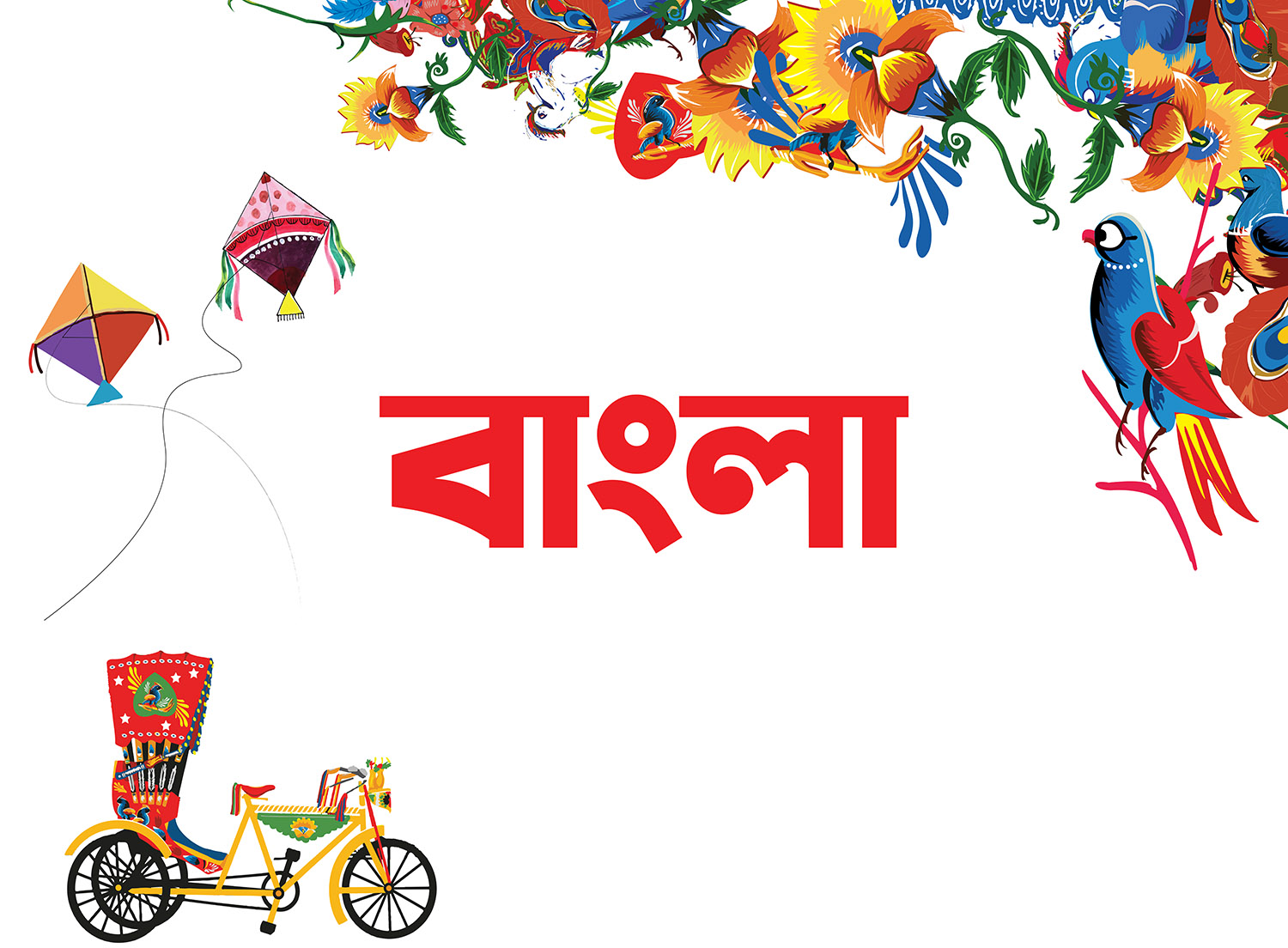Fostering Inquisitiveness and Knowledge in Bengali Language Classroom
The pursuit of knowledge in the field of education is an adventure filled with inquiry and discovery. This trip is especially vivid in the Bengali language classes, where students are not only exposed to Bengali culture’s rich literary legacy but also pushed to become inquisitive learners. The Bengali Language class has transformed students into eager seekers of knowledge over the years, building a strong connection between them and the literary gems of Bengali.
Bengali Literature is a cultural, historical, and literary treasure trove. From Rabindranath Tagore’s ageless poetry to Sharatchandra Chattopadhyay’s vivid narratives, the Bengali language has given birth to some of the most profound and significant works in world literature. Students are introduced to these luminaries and their masterpieces in the classroom, piquing their interest in the rich tapestry of Bengali culture. The study of classical texts is one of the most efficient approaches to increasing knowledge and inquisitiveness in Bengali Literature. Manik Bandopadhyay’s, and Kazi Nazrul Islam’s writings serve as windows into their own sociopolitical landscapes. Students learn not just the nuances of language and style, but also historical context, making connections between literature and the real world through these writings.
While classic texts form the basis of Bengali Literature, the curriculum also includes works by contemporary authors. This allows pupils to connect the past with the present and see how Bengali literature has evolved. Exploring these modern voices not only broadens their literary horizons but also inspires them to interact with contemporary socio-cultural challenges. Bengali Literature study extends beyond language and literature. It also gives pupils a glimpse into the rich culture, history, and traditions of Bengal. They learn about the festivals, rituals, and customs that have defined Bengali-speaking people’s lives for generations. This cross-cultural understanding builds empathy and broadens their perspectives.
In the Bengali Language classroom, students are encouraged to think critically and evaluate literature from many perspectives. They are trained to explore past the words and into the subtext, revealing hidden meanings, metaphors, and allegories. This analytical approach not only improves their comprehension of the text but also hones their analytical and critical thinking skills. Students in Bengali class are encouraged to express themselves artistically in addition to analyzing and evaluating literature. They compose essays, poems, and short tales in Bengali, influenced by the authors they have read. This creative component of the curriculum not only improves their language abilities but also pushes children to become authors themselves.
Perhaps the most significant achievement of Bengali language classes is the nurturing of a true love of reading. Students are exposed to a variety of literary forms, ranging from poetry and short stories to novels and plays. This exposure instills in them a lifetime love of reading, broadening their horizons beyond the classroom. Students in the Bengali Literature class are active participants in a voyage of discovery, rather than passive recipients of knowledge. They become inquisitive learners who are deeply enlightened about the literature and culture of the Bengali-speaking world through the study of classical and modern texts, critical analysis, interactive conversations, creative expression, and cultural exploration. This classroom experience not only enhances their academic lives but also provides them with the skills and perspectives required to manage an increasingly linked and diverse global landscape. As a result, Bengali Literature is a tribute to the power of education to inspire and enlighten young minds.
Ishrat Jahan
Whole School Head of Department- Bengali
MYP and DP Bengali Language & Literature Teacher





